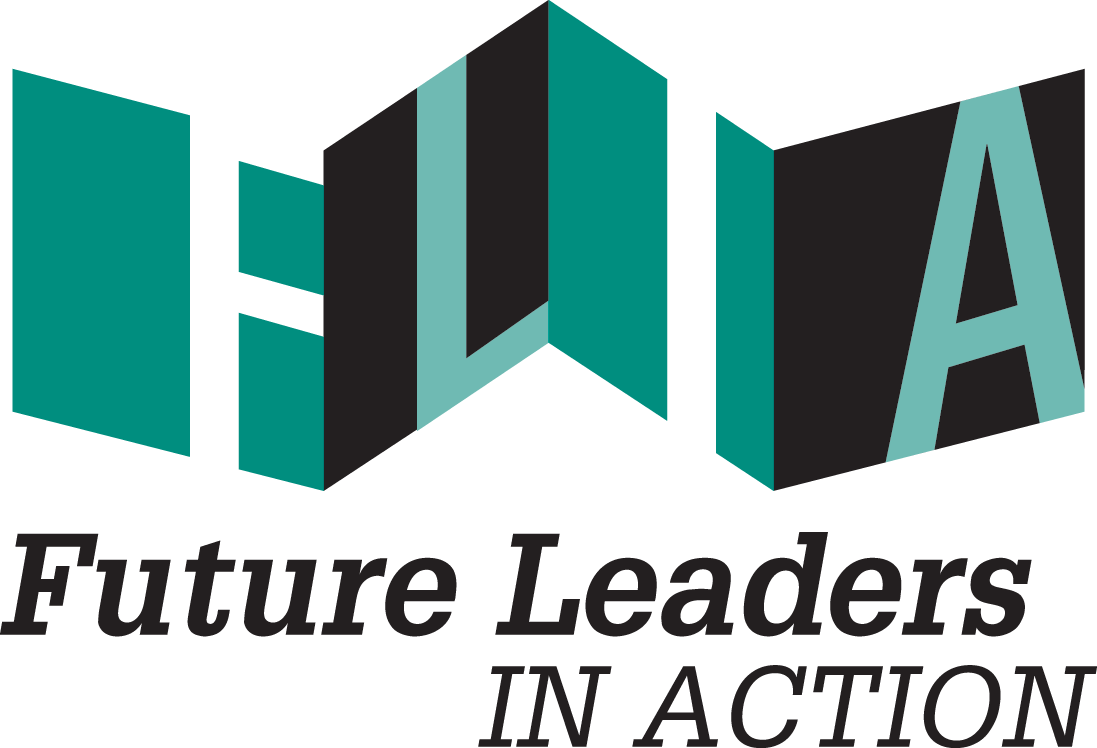The first time I heard the term food desert was in a college geography course. The course sparked my interest in the complexities of food systems and its effects on public health. A food desert is typically a rural, minority, or low-income area that lacks access to healthy and affordable foods like fresh fruits & vegetables, leaving its residents food insecure. However, food deserts can also pop up in the outskirts of sprawling cities, suburbs, and anywhere else there is a shortage of healthy food retailers.
Photo Credit: FeedingAmerica.org
When I arrived at a Boys & Girls Club of Central Iowa (BGCCI) site on the east side of Des Moines to begin my work as this summer’s health fellow, I stopped and looked around. Armed with the responsibility of improving the Triple Play Program, a program that promotes the health & well-being of the body, mind, and soul, I wanted to get a sense of the environment that the youth who attend BGCCI live in. There was the usual abundance of national fast food chains & gas stations that you’d expect to see in an urban area. Smack in-between the administration office and the Baker Club, one of the five area club sites, I saw a convenience store amusingly called ‘OASIS’, whose selection of junk food and alcohol is far more plentiful than its selection of nutritious foods.
Food Access Map From USDA of Des Moines area with low income and low food access at ½ & 10 miles (all BGCCI Club sites fall into these areas).
As a state that boasts of being “corn-fed” & leads the nation in corn and soybean production, there is a certain irony in realizing that we can’t feed our own communities. One in eight people in Iowa are hungry, and in Polk County, over 54,000 people are food insecure. Many factors contribute to such staggering numbers including poverty; 82% of BGCCI families have a total household income of less than $35,000; 68% have a total income less than $25,000 and 33% have a total less than $10,000.
One in five children in Iowa lacks access to adequate food and nutrition.
Children are often the most negatively impacted by food insecurity. As I have been reminded daily during my first few weeks here, the mission of Boys & Girls Clubs is to, “inspire and enable all young people, especially those who need us most, to reach their full potential as productive, caring, responsible citizens.” But when children are hungry, they can’t focus on things like schoolwork, athletics, or building healthy relationships simply because they lack the energy to do so.
Free food for families through BGCCI's "Feeding the Future" initiative
With 86% of BGCCI families already taking part in the free and reduced lunch program, BGCCI hopes to eliminate hunger & malnutrition by providing additional services to Club kids and their families. Each week, Club families have the opportunity to take home “Feeding the Future” bags that help them eat throughout the weekend. During the school year, three of the five Clubs partner with the USDA and Des Moines Public Schools to provide hot meals each night to all Club kids.
Although these supplemental programs are essential to helping youth lead their best lives, how do we ensure that once they step out of the Club, they continue to make healthy choices? Even and especially when the coaxing red sign of the so-called ‘OASIS’ of junk food beckons from across the street.
Cue Triple Play: a game plan for the mind, body & soul.
Joie capturing youth voice through surveys on health and wellness at Baker and Meredith Boys & Girls Clubs of Central Iowa 🍎
Triple Play takes a holistic approach to healthy living by integrating healthy practices throughout Club programing. It is a lifestyle program that gives youth tangible tools and tricks to take with them when they leave the Club. For instance, in a cooking workshop, they learn how to make healthy & easy meals they can replicate at home. In the gym, they learn about the importance of exercise and sportsmanship. At Baker Club, youth work in a hands-on community garden, learning the importance of giving back to the community as well as healthy eating and environmental stewardship.
Because Triple Play encompasses many different aspects of Club programming, my role as a fellow is to provide better structure and cohesion across the five Des Moines area Clubs. By conducting both a youth and staff survey, we will gain insight into what’s working, what’s not working, and how we can improve for the upcoming school year. With the help of Triple Play programming, BGCCI aims to be a real oasis of health & wellness amid the desert of unhealthy options.





